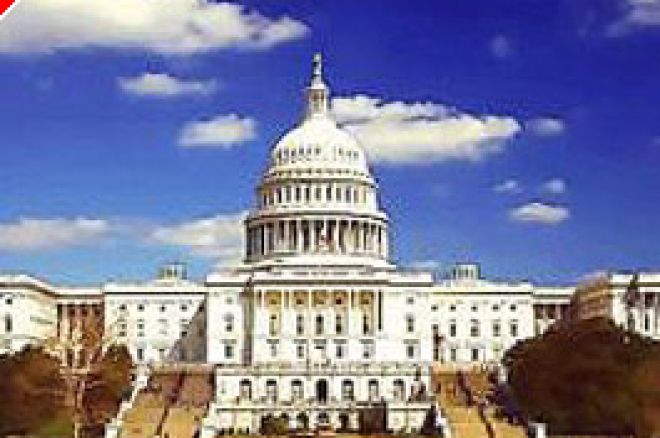More Online Gaming Bill Notes

Britain may make the U.K. more friendly to gaming companies
Britain is considering legislation that would make it a lot easier for online gaming companies to be based in Britain, the Sunday London Times is reporting. Currently, most online gaming companies like Party Gaming, are based in places like Gibraltar. These locals allow the companies to enjoy the protection, and licensing ability of an EU state, while being tax friendly to the high revenue businesses.
The Times has reportedly seen documents generated by the government that propose legislation that would make Britain a 'Safe, well regulated environment' for online gaming companies. If enacted, the new law would apparently apply to any companies listed on the London Stock Exchanges, making companies like Party, and 888 Holdings (Pacific Poker) eligible under the proposed legislation. The legislation would also reportedly carve out a special tax break for the companies, so that the costs of doing business in the U.K. can be competitive with the costs in tax havens like Gibraltar, and Malta.
New Law will run U.S. more afoul of the WTO….but does the U.S. care?
It was nearly a year ago that the WTO ruled that the U.S. was in violation of international trade treaties by interpreting the Wire Act to encompass online gaming. The tiny nation of Antigua brought a grievance against the U.S., the grievance was upheld, and the U.S. was ordered to comply. Not only has the U.S. not complied with the order, at last report, the U.S. government has never even replied to the last correspondence.
According to most international trade law experts, the Unlawful Internet Gambling Act would now strengthen the case of the member nations around the world, and throw the U.S. further into violation of international trade treaties.
The big question seems to be – Would the U.S. government care, or even give any response to any further sanctions? The U.S. has shown a tendency to enforce WTO rulings when they favor the U.S., and ignore them when they don't. Experts in the gaming world wonder if this would be any different.








